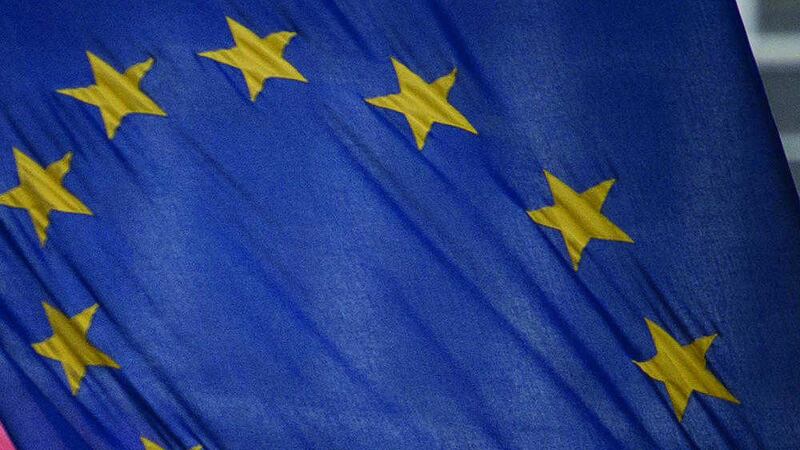THE 95th anniversary of the Anglo-Irish Treaty passed quietly this week. The Treaty partitioned Ireland, created the border and significantly influenced the nature and content of Irish politics to the present day.
So, after almost 100 years of partition and in the light of the impending Brexit, how close are we to a united Ireland? The answer would appear to be that we are further away than ever.
It has not been through a lack of effort. We have seen a concerted anti-partition movement, including the National League (1928), the Irish Union Association (1936), the Council for Unity (1937) and de Valera's Anti-Partition League.
You will be familiar with the efforts of many anti-partition political parties, including the Nationalist Party, the SDLP, the IRSP, Sinn Féin (in many varieties), Labour (British, Irish, Northern and Republican), Éirígí, Fianna Fáil and a number of left wing and smaller republican groups. (Don't forget to multiply all the above by two, since most of them have probably split at least once.)
Then there was the IRA, the Irish Republican Congress, Saor Éire, Saor Ulaidh, INLA, IPLO, some more IRAs, Óglaigh na hÉireann and an alphabet of IRAs, including the Continuity, the New, the Real IRA and the imaginary IRA. (I made the last one up - but that does not mean it does not exist.)
We have also seen endless military campaigns and watched thousands of men and women waste countless years in prison. There have been many thousand deaths, and many more injuries, mental and physical, which scar our society today.
So Irish reunification has not just been a political objective, it has been Ireland's biggest industry for nearly a century. What has it achieved? Nothing. The border has not moved an inch and the British are now claiming ownership over Lough Foyle.
The campaign for a united Ireland has been a spectacular failure and it is now at its weakest since 1921. For the first time, nationalists argue that Irish unionists are British, with their own "identity" and instant "culture". The traditional argument for Irish unity has been abandoned.
Nationalists also accept the legitimacy of partition, so their current argument for Irish unity is largely economic and administrative. This explains, for example, Sinn Féin's recent publication, Towards a United Ireland. (Oh, I forgot to mention above the thousands of books, pamphlets and posters produced in support of a united Ireland.)
SF's case for Irish unity is that one bureaucracy is cheaper than two. That is true but, for example, the claim that a united Ireland would produce a better health service remains unproven until we see concrete proposals for increasing taxation to fund it.
Sinn Féin makes no mention of the Irish nation, which may explain why it regards a united Ireland as a choice from an à la carte menu. Options include: Stormont in an all-Ireland structure: a federation; a unitary arrangement (that's a united Ireland) or, mysteriously, "other arrangements". (You might reasonably ask for which of those the long war was fought.)
So the party offers no definition of a united Ireland and finds common cause instead with the auld enemy. For example, "Brits Out" has been replaced by the odd claim that "we share a common language" with Britain (presumably not counting Irish, Welsh and Scots Gaelic speakers).
For most of the 95 years, nationalists have failed to recognise that only Irish unionists can deliver a united Ireland. The Republican Congress made most progress in this direction when its Belfast contingent, including Protestant workers from the Shankill, tried to march to Wolfe Tone's grave in Kildare in 1934. They were attacked by the IRA.
Funding loyalist paramilitaries today suggests that ordinary decent Protestants are still being attacked, this time in a different way.
Which brings us to Brexit. We do not yet know what will happen, but it appears that we will have an EU-UK frontier of some sort, probably just in time for the border's centenary celebrations.
However, in addition to Brexit, nationalist aspirations for a united Ireland now have to take into account Trump's new protectionism, the Governor of Bank of England's view that capitalism has failed society, the deep political divisions across Europe and the removal of millions of jobs through technology.
The traditional anti-partition arguments have been lost or abandoned. If nationalists are to move towards Irish unity, they must now define the sort of social and economic Ireland they seek in a rapidly changing world.
Addressing issues beyond partition (and beyond Brexit) will allow them to do so. Moaning about the border will mean another wasted 95 years of ever-deepening partition.









